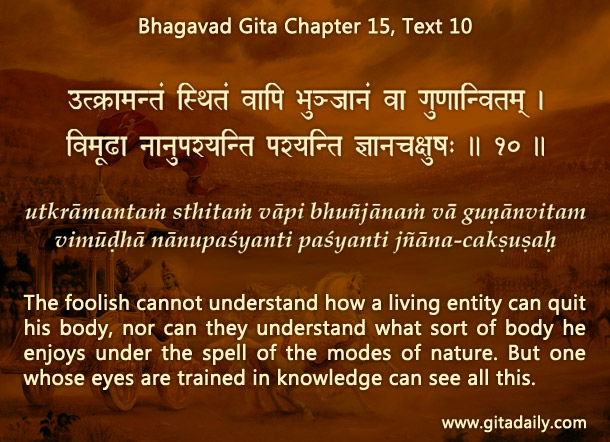Why self-control isn’t the key to overcoming bad habits – Whenever we try to overcome any bad habit, we usually think that we need more self-control.
Might we be needing something else, however? Our bad habits, no matter how bad they may be, are essentially nothing but our escape-ways from life’s struggles and burdens. When we repeatedly seek an escape-way, seeking that escape-way becomes our habit. And when life becomes especially hard or unbearable, we unthinkingly seek relief in that habit, however costly that relief might be.
How can we stop seeking that escape-way? Not by just sweating to control ourselves more, which only denies our underlying need. But by caring enough for ourselves to want to understand why we seek that escape-way. Then, we can address our underlying needs through two things:
Meaningful life: We can’t eliminate all problems from our life, but we can animate our life with a purpose that makes problems bearable. Striving for a worthwhile cause gives us a deep fulfillment that increases our endurance, thereby decreasing our need to escape. How can we find such a meaningful purpose? By understanding ourselves better. Pertinently, the Bhagavad-gita (15.10) provides philosophical wisdom that is the eye to see the I.
Healthier breaks: As we understand ourselves better, we can look for the area of intersection between the things that we feel good doing and the things that are good for us. In that intersection lie the activities that can provide us healthy, happy breaks. Thereafter, when we feel the need for a break, we can gently acknowledge that need and firmly choose those uplifting activities.
By such self-care, our bad habits become easier to overcome because we have addressed the underlying need that drove us toward them.
One-sentence summary:
To cure bad habits, we don’t need more self-control; we need better self-care.
Think it over:
- Do you struggle with any bad habit? What underlying need drives you toward it?
- What purpose can make your life more meaningful?
- List three activities that can provide you healthy, happy breaks.
***
15.10: The foolish cannot understand how a living entity can quit his body, nor can they understand what sort of body he enjoys under the spell of the modes of nature. But one whose eyes are trained in knowledge can see all this.


Leave A Comment